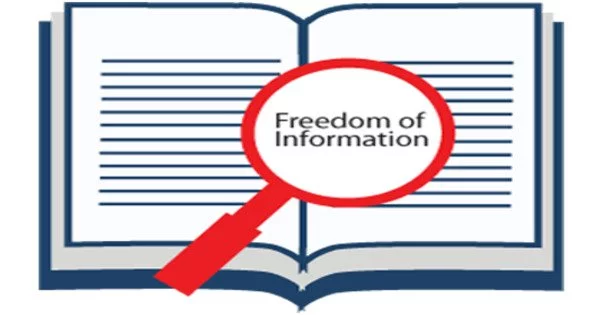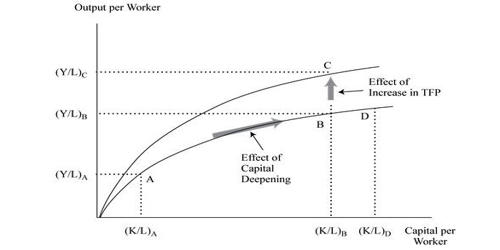Freedom of Information refers to the right of individuals to access information held by public authorities or governments. It is a fundamental right that promotes transparency, accountability, and openness in government, and allows citizens to participate in democratic processes by providing them with the information necessary to make informed decisions.
Freedom of information refers to the ability of an individual or group of individuals to publish and consume information. The ability to seek, receive, and impart information effectively is referred to as access to information.
The idea behind FOI is that transparency and openness in government and public institutions are essential for holding those in power accountable and ensuring that decisions are made in the public interest. By providing individuals with access to information, FOI laws aim to promote a more informed and engaged citizenry, and to prevent abuses of power and corruption.
Freedom of Information laws typically require public bodies to proactively disclose certain types of information, such as budgets, policies, and reports. They also allow individuals to request access to specific information held by public bodies, subject to some exemptions such as privacy, national security, and commercial sensitivity.
This sometimes includes “scientific, indigenous, and traditional knowledge; freedom of information, building of open knowledge resources, including open Internet and open standards, and open access and availability of data; preservation of digital heritage; respect for cultural and linguistic diversity, such as fostering access to local content in accessible languages; quality education for all, including lifelong and e-learning; diffusion of new media and information literacy and skills, and social inclusion online, including addressing inequalities based on skills, education, gender, age, race, ethnicity, and accessibility by those with disabilities; and the development of connectivity and affordable ICTs, including mobile, the Internet, and broadband infrastructures”.
Public access to government information, including open publication of information and formal freedom of information laws, is widely regarded as an essential component of democracy and government integrity.
Freedom of Information laws vary across different countries, but they share the same objective of promoting transparency and accountability in government. The United States, for example, has the Freedom of Information Act (FOIA), which was enacted in 1966 and provides the public with access to government records, while the United Kingdom has the Freedom of Information Act 2000, which gives people the right to access information held by public bodies in England, Wales, and Northern Ireland.
FOI laws vary from country to country, but they typically set out the types of information that can be requested, the procedures for making a request, and the circumstances in which requests can be refused (such as to protect national security or personal privacy). In some cases, FOI laws also require public authorities to proactively publish certain types of information, such as budgets or meeting minutes, without the need for a specific request.
Overall, Freedom of Information is an essential tool for ensuring that governments are accountable to their citizens and that democratic processes are transparent and effective.
















